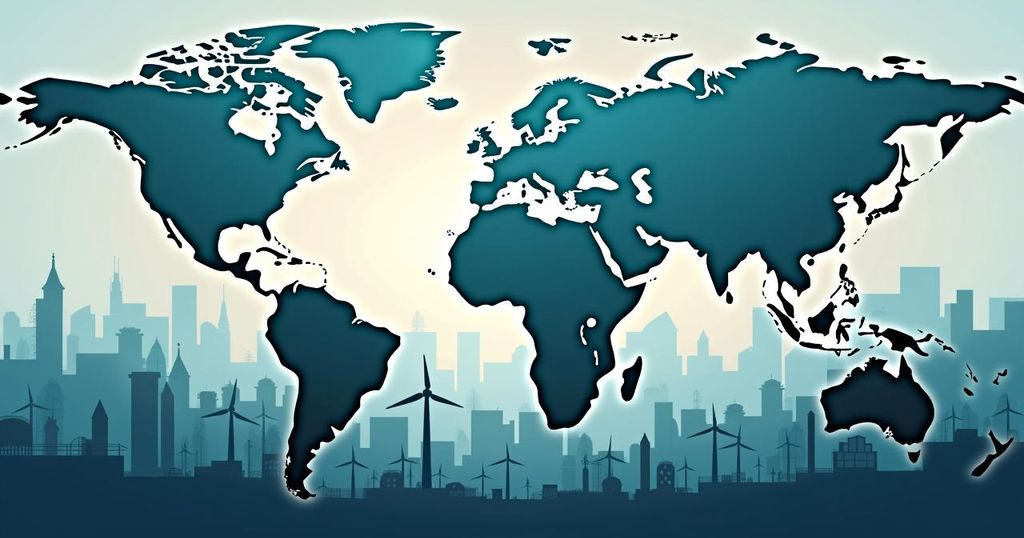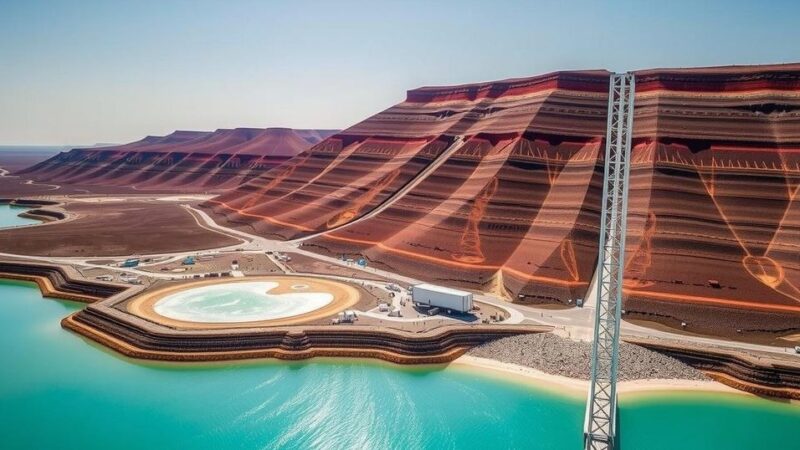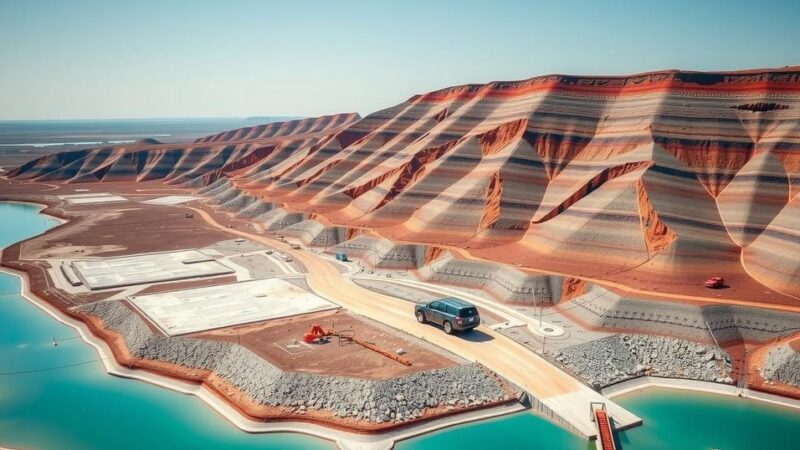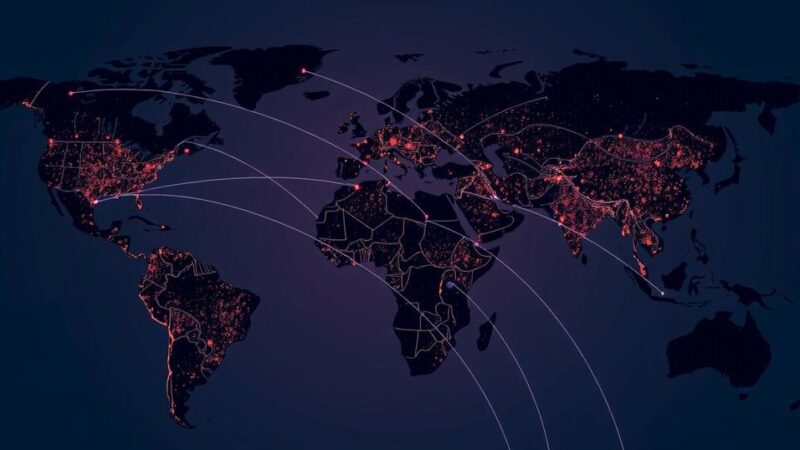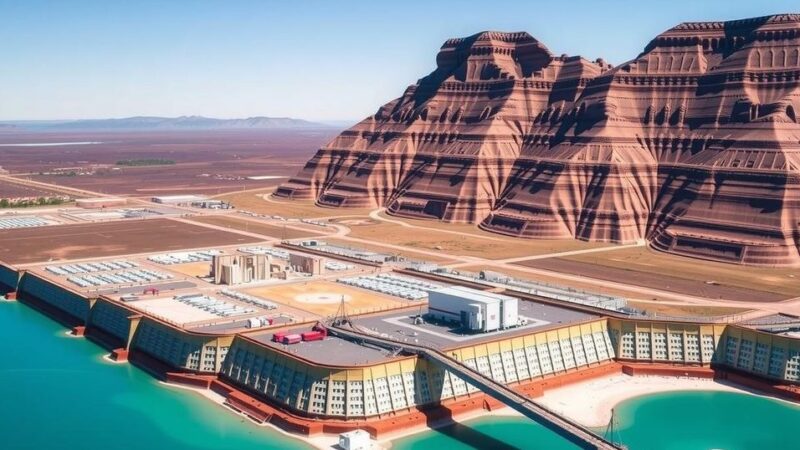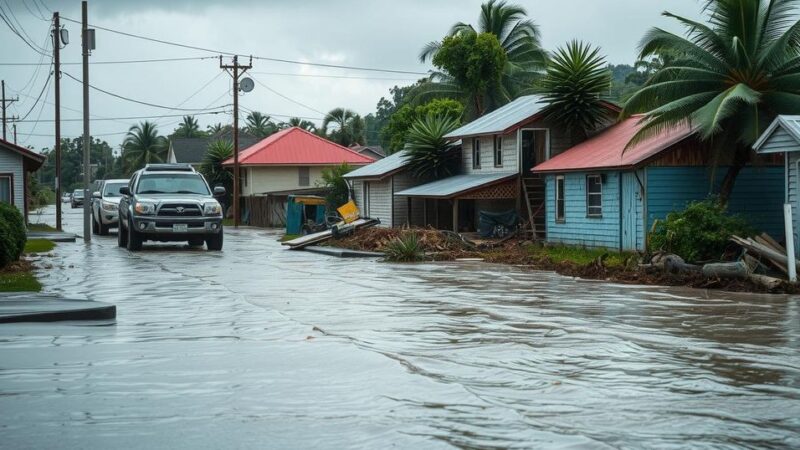Since 2023, China has invested over $100 billion in international cleantech projects to avoid trade tariffs from the U.S. and Europe. This is part of China’s strategy to dominate global electric vehicle, lithium battery, and solar panel markets. Major companies like BYD and CATL are establishing overseas manufacturing facilities, anticipating substantial future needs in cleantech exports.
Since the beginning of 2023, Chinese enterprises have committed over $100 billion to clean technology initiatives abroad. This surge in investment is largely a strategic response to tariffs set forth by the United States, Canada, and the European Union, aiming to ensure continued dominance in key cleantech sectors, such as electric vehicles, lithium batteries, and solar panels. Chinese firms account for significant global production shares in these domains, with electric vehicles representing 32.5%, lithium batteries 24.1%, and an impressive 78.1% in solar panels. The trade environment has intensified, prompting Chinese corporations to seek international manufacturing operations to evade tariffs, which can reach up to 100% on electric vehicles and 50% on solar energy products in the U.S. For instance, BYD is progressing with a $1 billion factory in Turkey as a precaution against anticipated European tariffs, while CATL is expanding manufacturing in Germany and Hungary. Moreover, forecasts indicate that two-thirds of China’s cleantech output may exceed domestic needs by 2030, necessitating access to additional international markets. As officials warn, the heightened tariffs pose risks, potentially undermining global climate change progress, with senior climate envoy Liu Zhenmin noting the peril of increasing costs associated with global energy transitions due to manufacturing decoupling from China.
The surge in Chinese investments in clean technology can be understood against the backdrop of escalating trade tensions among China, the U.S., Canada, and the European Union. Over recent years, these nations have enacted significant tariffs aimed at Chinese imports, particularly in the electric vehicle and clean energy sectors. Consequently, China has emerged as a dominant force in the cleantech market, strategically navigating these challenges by investing heavily in overseas manufacturing, thereby reinforcing its global market position and circumventing tariff impediments. This strategic maneuvering reflects a broader trend in international trade in the context of climate-related technologies, underlying the critical balance between achieving global climate objectives and maintaining competitive market positions.
In summary, Chinese firms have embarked on an aggressive investment strategy, exceeding $100 billion in cleantech initiatives overseas, primarily to navigate stringent trade barriers while maintaining their market leadership. This development signals a complex intersection of trade policy and climate strategy, raising important questions about the future of global cooperative efforts in addressing climate change amidst competitive economic dynamics.
Original Source: esgnews.com

